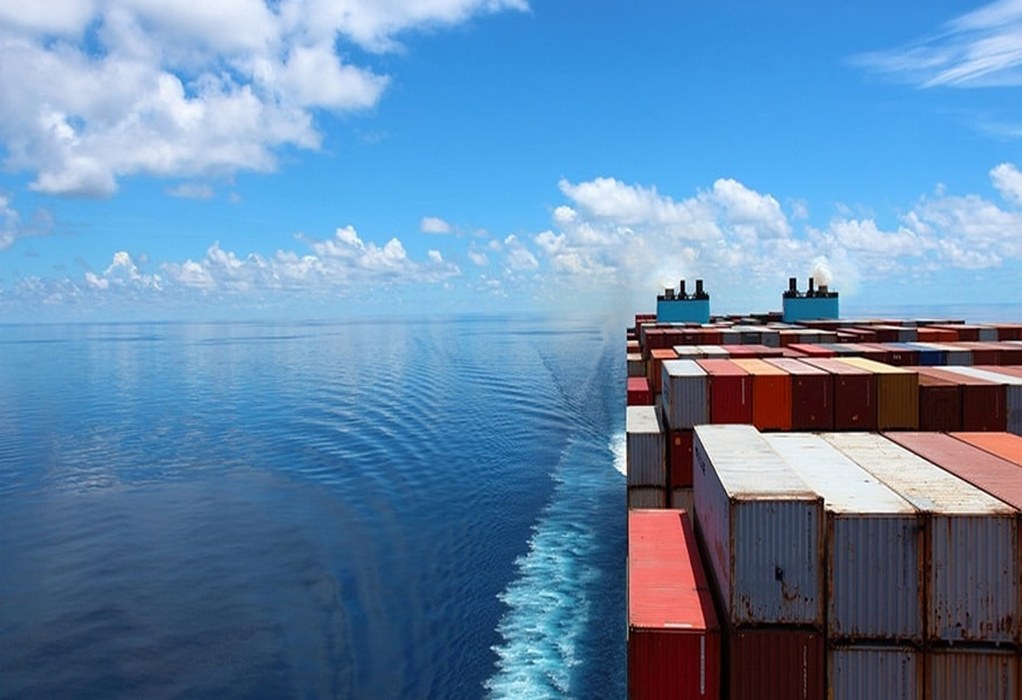AW Shipping, a joint venture of the UAE-based ADNOC Logistics & Services and China’s Wanhua Chemical, has ordered nine ethanol dual-fuel Very Large Ethane Carriers (VLECs) and two LPG dual-fuel Very Large Ammonia Carriers (VLACs) from Jiangnan Shipyard in China.
In addition to ethanol, the nine 99,000-cbm capacity VLECs can also be fuelled by conventional marine fuels. These vessels are scheduled for delivery between 2025 and 2027.
Since ethanol’s chemical and physical properties are very similar to methanol, it can complement methanol as a bunker fuel and theoretically increase the overall access to feedstocks.
They are both liquid fuels with low flash points of 11-12°C for methanol and 13°C for ethanol. Their low cetane numbers make them harder to ignite and burn than fossil fuels. This means that combustion engines powered by methanol or ethanol will require a small amount of pilot fuel, such as diesel, for ignition.
Upon delivery, the VLECs will operate under 20-year charter agreements.
Meanwhile, the two 93,000-cbm VLACs will be able to run on LPG or conventional marine fuels. The company expects these vessels to be delivered between 2026 and 2028.
The contract between AW Shipping and Jiangnan Shipyard includes an option for two additional VLACs.
Tags: AW Shipping, dualfuel, LPG, VLEC



Recent Posts
New Report Highlights Potential of Voluntary Insetting to Support Maritime Decarbonisation, Calls for Robust Safeguards
Smart Ship Hub achieves industry first with ABS emission reporting
Henkel Rolls Out India’s First Mid-Haul Re-Powered Electric Trucks for Commercial Logistics
Sustainability in Focus at 11th SIAM Automotive Logistics Conclave in New Delhi
L&T Energy GreenTech to Establish India’s Largest Green Hydrogen Plant
JK Srivastava Group and Hynfra Announce $4 Billion Green Ammonia Project in Andhra Pradesh
Andhra Pradesh Unveils Ambitious Green Hydrogen Valley Plan to Lead India’s Energy Transition
South Africa advances plans to decarbonize shipping sector